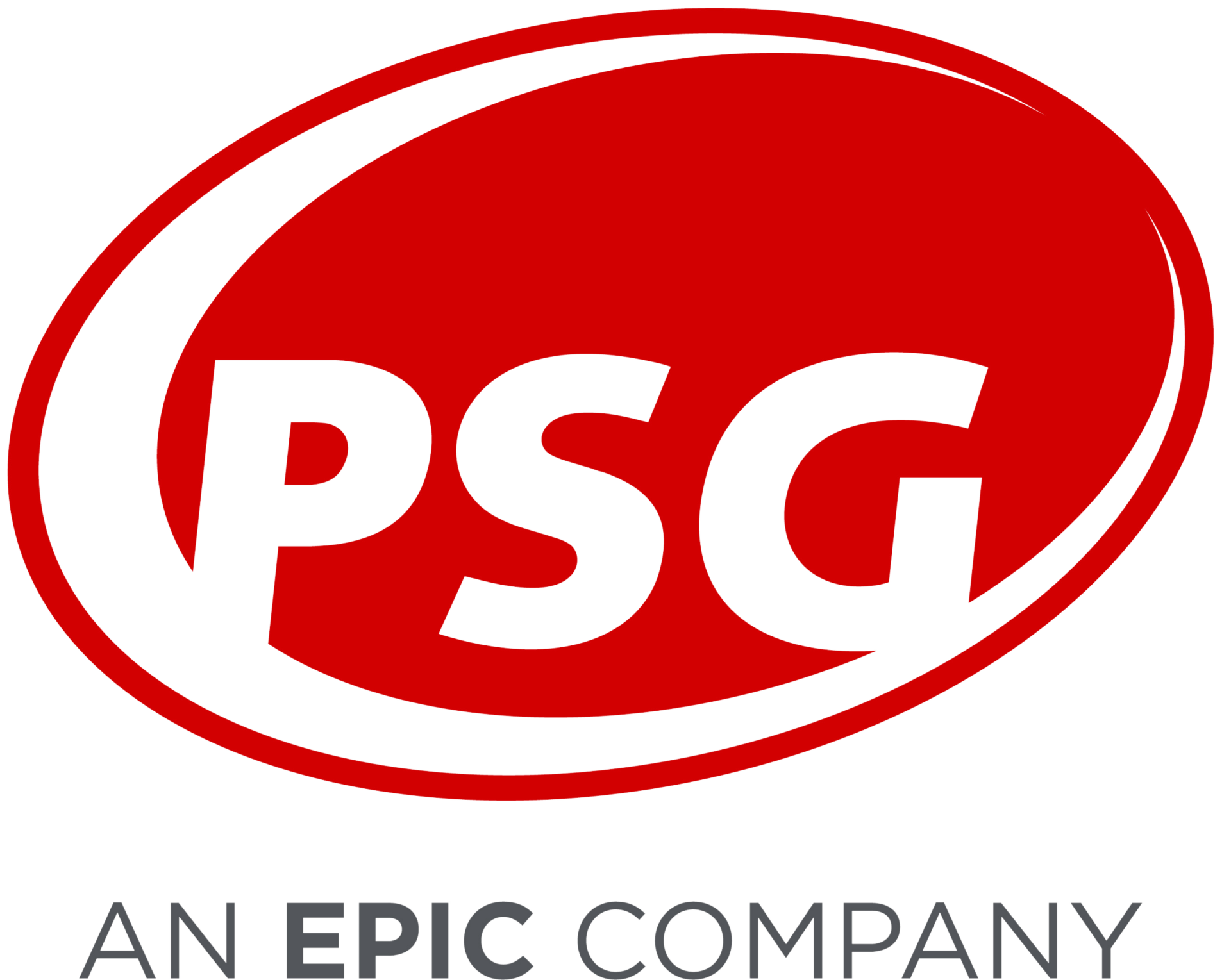The Inflation Reduction Act: Navigating the Medicare Drug Negotiation Program
Posted on December 19, 2023
The Inflation Reduction Act (IRA) is the most significant piece of legislation to impact the Medicare program since the inception of Part D. A significant portion of the IRA aims to tackle the issue of rising healthcare costs, particularly in the context of Medicare and prescription drug coverage. The cornerstone of the IRA to tackle healthcare costs is it gives the Centers for Medicare and Medicaid Services (CMS) the right to negotiate drug prices. This negotiation process (Medicare Drug Negotiation Program) is set to bring about a significant transformation in the way drug prices are determined and administered in the United States.
Medicare Drug Negotiation Program: A New Force in Drug Supply Chain
Historically, CMS has taken a “laissez-faire” approach to drug pricing. They have delegated the task of managing the pharmacy supply chain to Medicare plan sponsors, who largely delegate to pharmacy benefit managers (PBMs). The Inflation Reduction Act dislodges the PBM’s position within the supply chain, empowers CMS to take the fifty-five million Medicare Part D beneficiaries, and negotiate the prices of the highest expense brand name drugs in Medicare Part D that do not have a generic or biosimilar available directly with pharmaceutical manufacturers (known as ‘Selected Drugs’). CMS will negotiate a maximum fair price (MFP) that will be applied at every point of the pharmaceutical supply chain. The first 10 Selected Drugs will have their MFP negotiated in 2024, and that price will be published publicly and put into effect in 2026. The program will expand annually, adding Part B and including 60 drugs by 2029.
2026 Selected Drugs
| Eliquis |
| Jardiance |
| Xarelto |
| Januvia |
| Farxiga |
| Entresto |
| Imbruvica |
| Enbrel |
| Novolog and Fiasp |
| Stelara |
Pharma, PBM, Pharmacy and Payers: Potential Aftershocks of the Medicare Drug Negotiation Program
The impact of this program will not be confined to Medicare alone; it will have ripple effects throughout the entire healthcare ecosystem.
- Pharma: Pharma’s concerned with the program disincentivizing innovation and label expansion. Putting margin pressure on manufacturers will limit not only investment into new therapies; Manufacturers have studied additional indications for products as a means of extending patent life.
- PBM: The MFP is required to be applied at the point of sale by the PBM. PBMs will have less drugs under their purview, somewhat limiting their negotiating capacity.
- Pharmacies: Pharmacies will face increasing pressure with the introduction of MFP reimbursement. Most often, their acquisition cost for drugs will be greater than MFP. To be made whole, they will need to work with an administrator to get a retrospective reimbursement in a “340B-like” fashion.
- Payers: Medicare payers must add this program to a laundry list of sweeping changes to the Medicare program (Part D Redesign, Risk Adjustment, Stars, etc.). Medicaid payers may also enjoy MFP with their “Best Price” requirement. Commercial payers may see pressure to subsidize the new low prices afforded to Medicare but are also armed with what MFP is at the negotiating table.
Formulary Strategies: Adapting to a “New Normal”
Negotiating drug prices is not without its challenges. While the IRA sets a ceiling price as a percentage of the Average Manufacturer Price (AMP), this alone won’t achieve substantial savings for the Medicare program or Medicare plans. For the negotiation process to be effective, CMS needs to secure prices well below the ceiling price and current manufacturer rebates. The Congressional Budget Office estimates that CMS should aim for an average discount of 50% on Selected Drugs.
Medicare plans are mandated to cover Selected Drugs on formularies without disadvantaging them through tiering or step therapy. This creates complexity for plans as they need to coordinate with both CMS and PBMs in their negotiation strategies. Potential strategies for health plan formularies to consider are:
- Favor Selected Drugs: Some plans may choose to favor selected drugs through preferred tiering and utilization management criteria over PBM-negotiated competitors.
- Parity Approach: The most likely scenario, this approach aims to keep Selected Drugs and PBM-negotiated competitors at parity.
- Favoring PBMs: Some plans may choose to favor PBM-negotiated drugs over Selected Drugs through preferred tiering and utilization management.
What to watch for in 2024: Looking Ahead
PSG is closely following these upcoming milestones:
- Outcome of lawsuits. We will see how the courts respond to the 10 challenges from pharmaceutical manufacturers that the IRA is unconstitutional. Initial indicators are in favor of the IRA being upheld.
- Publishing of MFP in September 2024. Having a negotiated price publicly available will be monumental, not only in the measurement of the success of this program but also the first time a government negotiated price for a drug is published.
- 2027 class of Selected Drugs in September 2024. Ozempic is highly likely to be included in the next class of drugs to be negotiated, creating another wrinkle in the treatment of weight loss debate.
In 2028, we expect Opdivo and Keytruda, two blockbuster oncology drugs covered under Part B, will be added for 2028. The lists below were derived using 2021 Part D data and PSG’s trend assumptions. The least likely products to remain on the list are products with upcoming generics, like Latuda.
| Potential 2027 Selected Drugs | Potential 2028 Selected Drugs |
| Ozempic and Rybelsus | Trulicity |
| Xtandi | Keytruda |
| Trelegy | Biktarvy |
| Mybetriq | Prolia and Xgeva |
| Invega | Opdivo |
| Pomalyst | Xeljanz/XR |
| Jakafi | Creon |
| Symbicort/AG | Janumet/XR |
| Tresiba | Ingrezza |
| Ofev | Anoro |
| Spiriva | Cosentyx |
| Breo Ellipta | Tagrisso |
| Latuda | Xifaxan |
| Tradjenta | Opsumit |
PSG has the market data and expertise to provide valuable insights as you continue to navigate this post-Inflation Reduction Act landscape. Contact us to learn more about how we can help with the Medicare Drug Negotiation Program.

